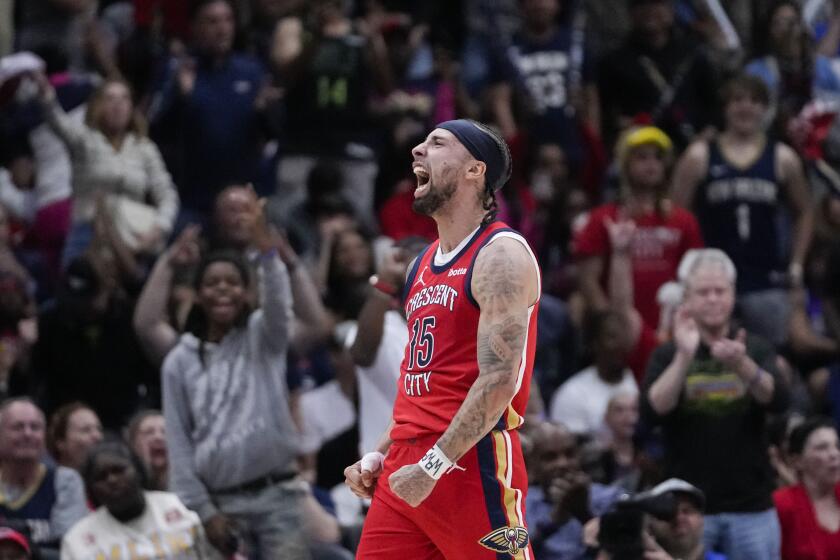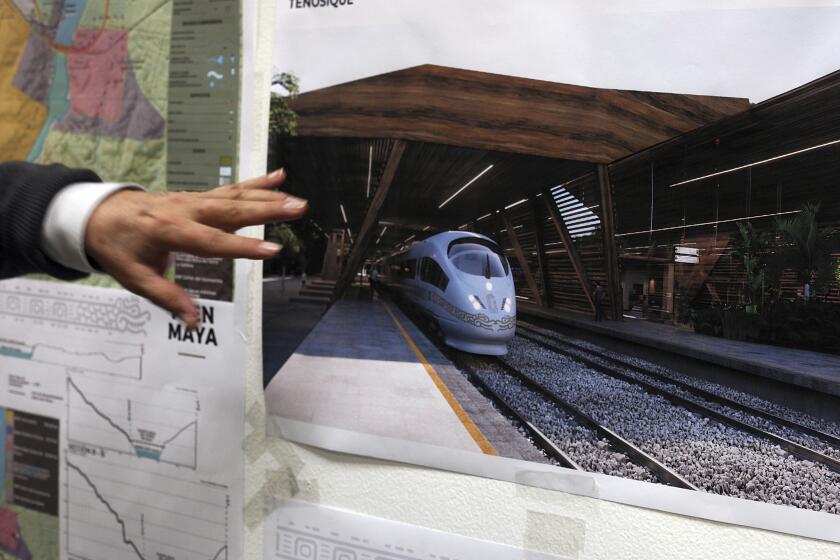Life is an uphill battle for many Venezuelan professionals in Miami
Professionals who once had a comfortable life in Venezuela are fighting to survive in Miami , an expensive city where recent arrivals have to start over - washing cars, cleaning houses, flipping burgers and driving Uber taxis.
“What have we got to lose if in our country we’re also starting from zero - but on top of that we’re forever threatened with violence,” Raymond Baloa, the owner of a construction company who this year decided to move to Miami and now survives as an Uber driver, told EFE.
According to the United Nations, for several months some 5,000 Venezuelans a day have left their country due to the severe crisis there.
South Florida, and Miami in particular, are the destinations preferred by Venezuelans, not just now but for at least the last 20 years, and for recent arrivals like Baloa, getting ahead isn’t easy, though back home it’s even harder.
Francisco Fernandez Galan, founder of the Web site Bienvenidosvenezolanos.com, noted that 50 percent of Venezuelans who have come to the United States are professionals with university degrees.
“Ours is an educated immigration, but I’ve seen doctors washing cars and teachers cleaning houses,” he said.
Baloa, whose wife is an architect but works for a fast-food chain, said that when you see “there’s no longer any food or medicine” in your country, “you have to decide what you’re going to do to survive.”
“You know that in another country you’ll be starting from scratch,” but it’s better than staying there, said the businessman, who has a teenage daughter who has adapted very well to school in Miami.
“We’ve never been ashamed of working. Any struggle is small if you’re trying to provide for your family,” he said.
“Darling X,” a graduate in commerce who in Venezuela had her own house and two cars, arrived six weeks ago with her husband, a graduate in education.
They have no children and came without knowing anyone. They brought just enough money to rent a car and go looking for jobs.
“If we had to sleep in the car, that wasn’t a problem. You come here to see if you can latch onto the good life, so hardships like that are just momentary,” the woman who did not wish to be identified said.
Darling and her husband started work just two days after arriving in Miami. At first they cleaned hotel rooms. Then for two weeks she worked as a domestic servant, living in her employer’s house from Monday to Saturday.
“I began at 7:00 am and finished around 9:00 pm. I did everything, from cleaning the whole house to shopping for food, cleaning windows, watering the garden, preparing and serving three meals a day. Ah! And afternoon tea for the lady at 4:00 pm on the dot,” she said.
More than 70 hours for $300 a week - not good, considering the minimum wage in Florida is $8.46 an hour, and after 40 hours one is supposed to be paid overtime.
“Our need is becoming a business for others,” Baloa said, recalling sadly that a man he recommended for a construction job was paid a measly $4 an hour.
And a short while ago, an ample studio apartment in Miami rented for $600. Now some Venezuelans pay $750 for a one-room apartment, with no private bath.
“In our case,” Darling said, “the apartment we live in is divided by a curtain, because another person, for $500, rents the other half. We share the bathroom with her.”
Now, with the possibility of change in their country led by Juan Guaido, recognized as the interim president of Venezuela by much of the international community, these Venezuelans don’t discard the idea of returning home, though they say they will let some time go by until things start getting back to normal.



